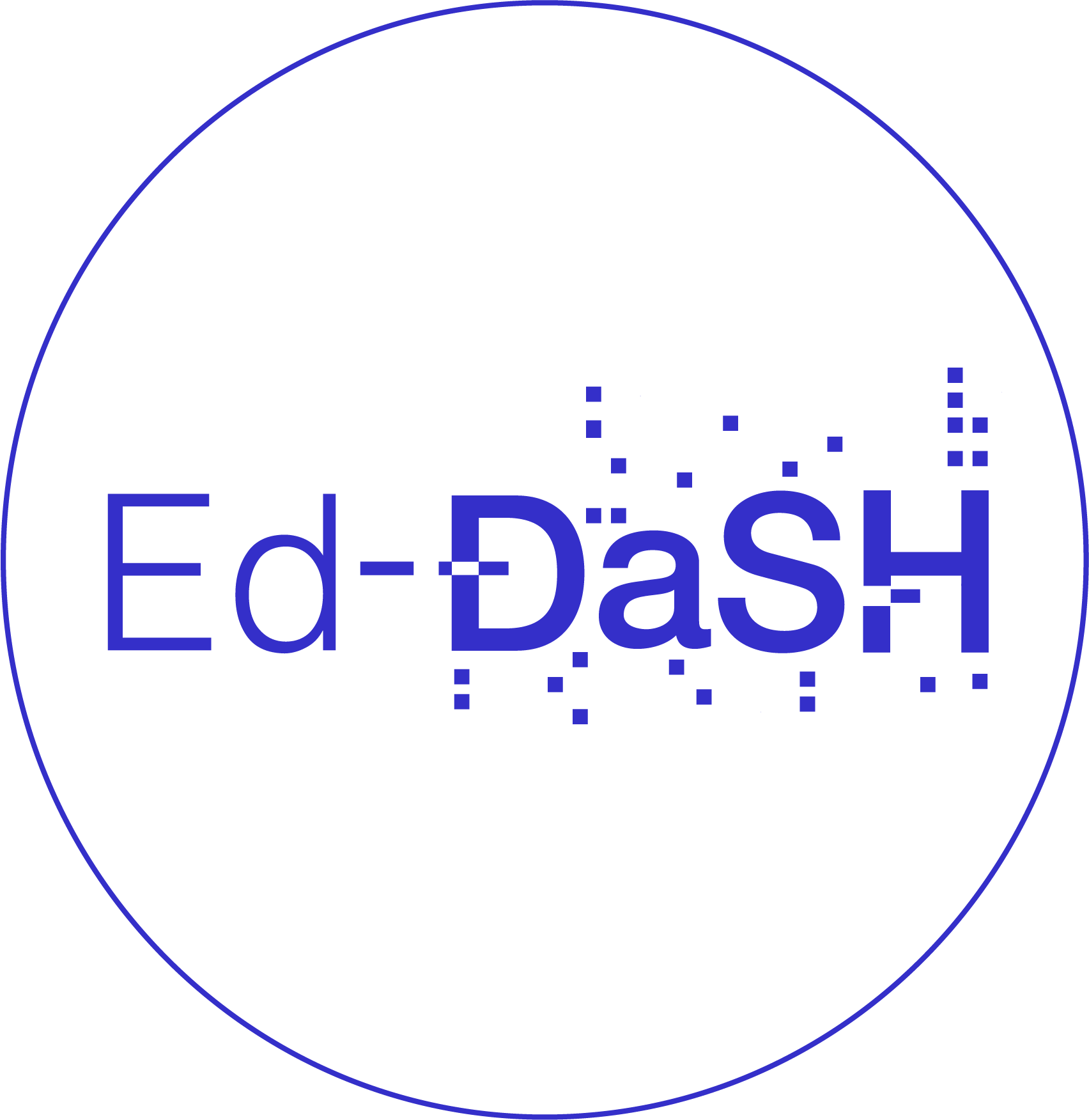Intellectual Property, Licensing and Openness
Overview
Teaching: 13 min
Exercises: 7 minQuestions
What is intellectual property?
Why should I consider IP in Open Science?
Objectives
Timeline matters for legal protection
Understand what can and cannot be patented
Understand what licenses to use for re-use of data and software
(13 min teaching)
Open Science and Intellectual property
This section is tailored to the EU and UK.
Intellectual property (IP) is something that you create using your mind - for example, a story, an invention, an artistic work or a symbol.
The timeline of “opening” matters when one seeks legal protection for his IP.
For example, patents are granted only for inventions that are new and were not known to the public in any form. Publishing in a journal or presenting in a conference information related to the invention completely prevents the inventor from getting a patent!
In our opinion, you are more likely to benefit from new collaborations, industrial partnerships, consultations which are acquired by openness, than from patent related royalties.
(Optional) Intellectual property protection
This section is tailored to the EU and UK.
You can use a patent to protect your (technical) invention. It gives you the right to take legal action against anyone who makes, uses, sells or imports it without your permission.
Discoveries, mathematical methods, computer programs and business methods as such are not regarded as inventions. Surgical and therapeutic procedures, diagnostic methods and new plant or animal varieties are completely excluded from patentability.
Patents are granted only for inventions that are new and were not known to the public in any form. Publishing in a journal or presenting in a conference information related to the invention completely prevents the inventor from getting a patent!
In principle, software cannot be patented. However, it is a “no but yes” situation, and a software patent are being granted. It is usually, settled by the court for each case.
Software code is copyrighted. Copyright prevents people from:
- copying your code
- distributing copies of it, whether free of charge or for sale.
Data cannot be patented, and in principle, it cannot be copyrighted. It is not possible to copyright facts!
However, how data are collated and presented (especially if it is a database), can have a layer of copyright protection. Deciding what data needs to be included in a database, how to organize the data, and how to relate different data elements are all creative decisions that may receive copyright protection. Again, it is often a case by case situation and may come down to who has better lawyers.
After: UK Government, Intellectual Property European Patent Office, Inventor’s Handbook
Exercise 1: Checking common licenses (5 min + discussion)
Open CC BY license summary https://creativecommons.org/licenses/by/4.0/ is it clear how you can use the data under this licence and why it is popular in academia?
Check the MIT license wording: https://opensource.org/licenses/MIT is it clear what you can do with software code under this licence?
Compare the full wording of CC BY https://creativecommons.org/licenses/by/4.0/legalcode can you guess why the MIT licence is currently one of the most popular for open source code?
Solution
- CC BY license states material can be reproduced, shared, in whole or in part, unless where exceptions and limitations are stated. Attributions must be made to the Licensor.
- MIT license states that Software can by used without restriction (to copy, modify, publish, distribute etc…)
- The MIT license is short, to the point and optimised for software developers as it offers flexibility.
Key Points
A license is a promise not to sue - therefore attach license files
For data use Creative Commons Attribution (CC BY) license (CC0 is even more permissive)
For code use open source licenses such as MIT, BSD, or Apache license
